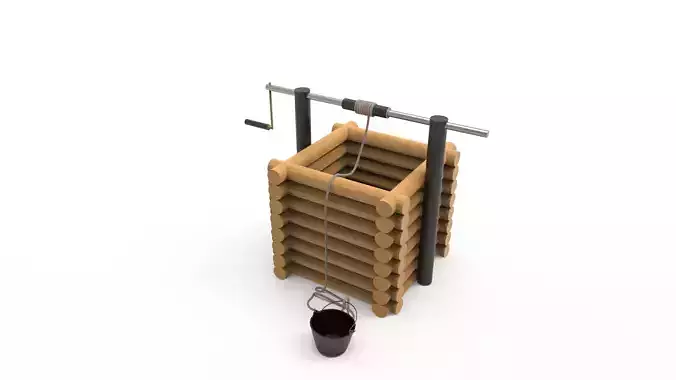1/5
A water well is a vital source of freshwater found beneath the Earth's surface, typically drilled or dug to access groundwater. These wells serve as a lifeline for countless communities worldwide, providing clean and essential drinking water for both rural and urban areas. The construction of a water well involves a meticulous process of drilling or excavating through layers of rock and soil until it reaches an aquifer, a natural underground reservoir. Once tapped, the well can provide a sustainable and reliable source of water for drinking, irrigation, livestock, and various domestic and industrial needs. Water wells not only ensure access to potable water but also contribute significantly to the well-being, prosperity, and sustainability of communities, making them invaluable assets in addressing global water security challenges.
REVIEWS & COMMENTS
accuracy, and usability.





